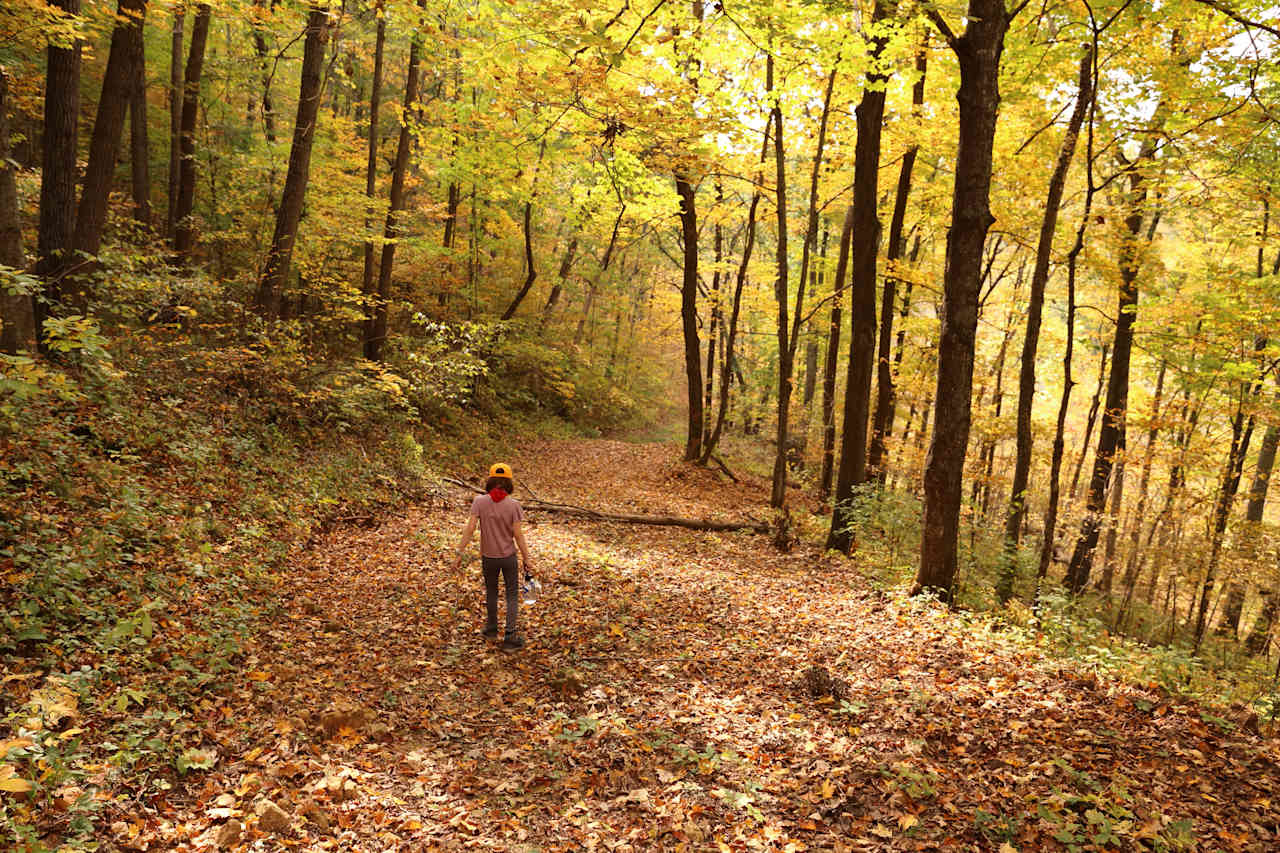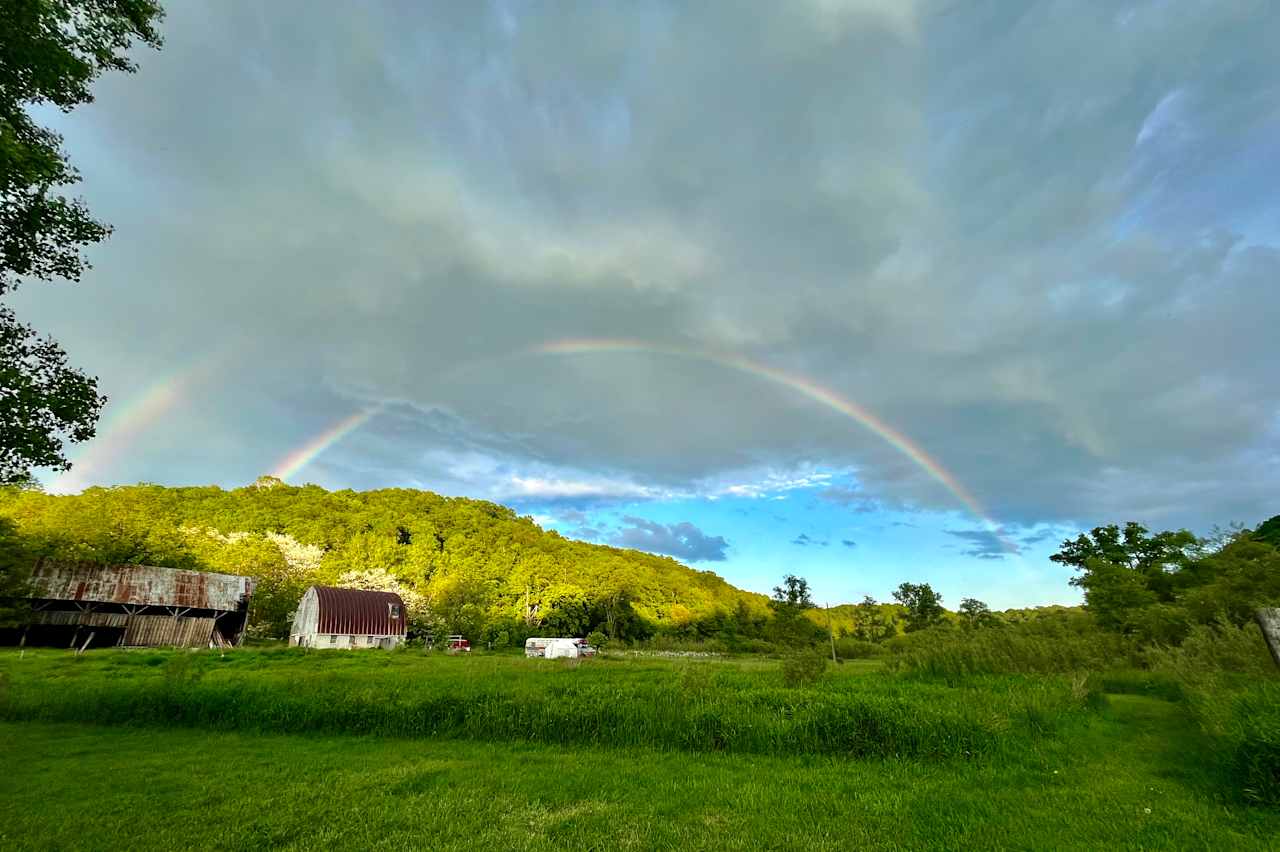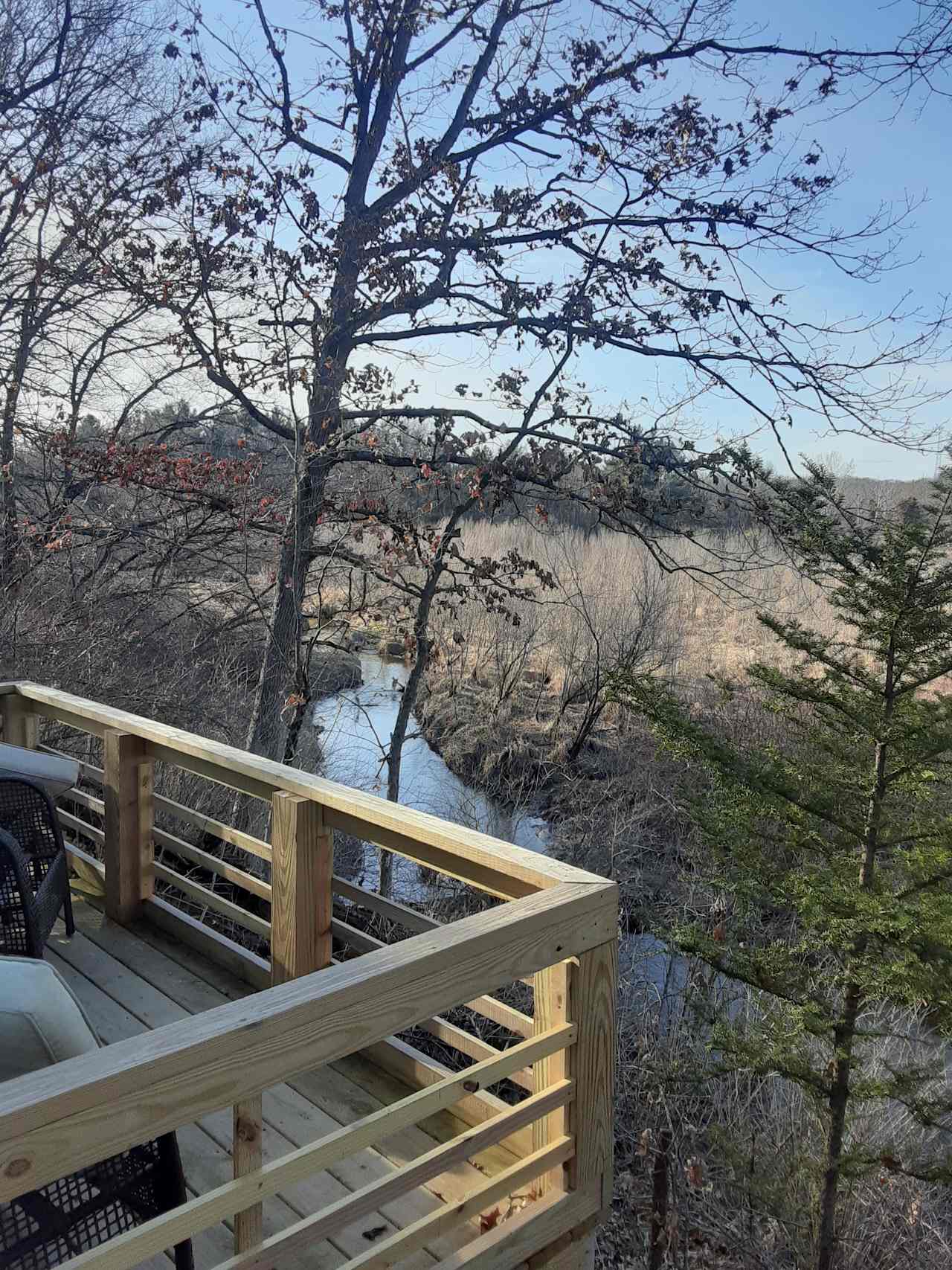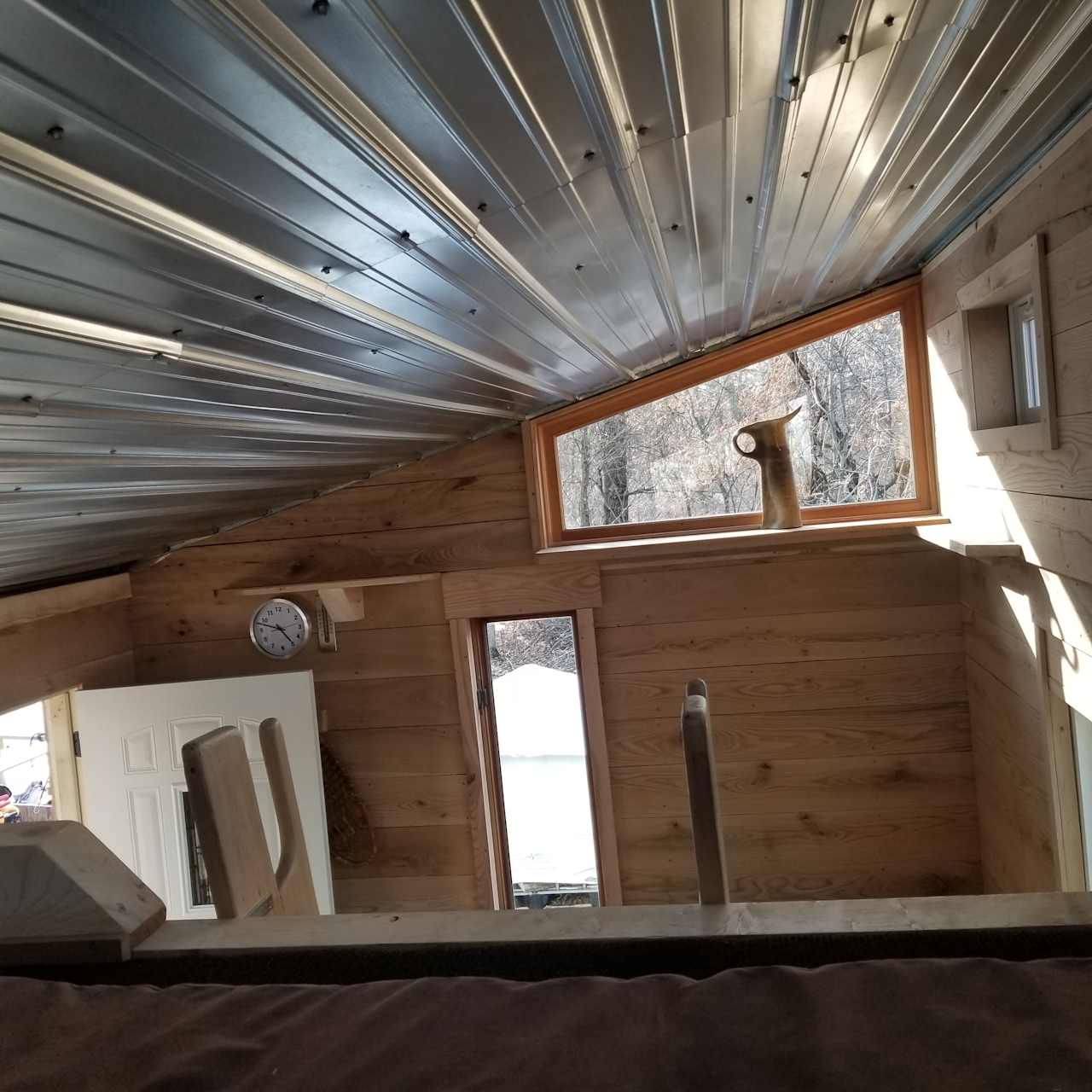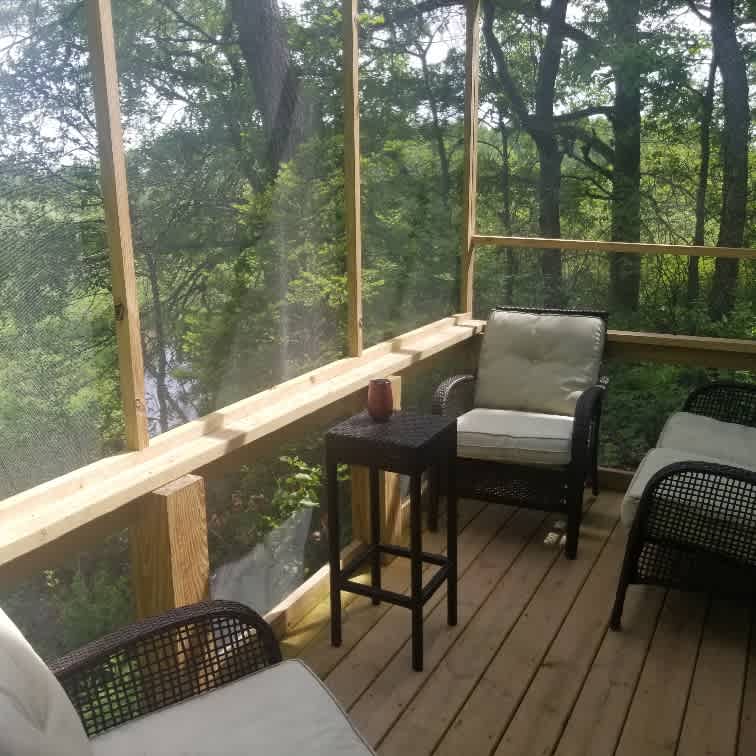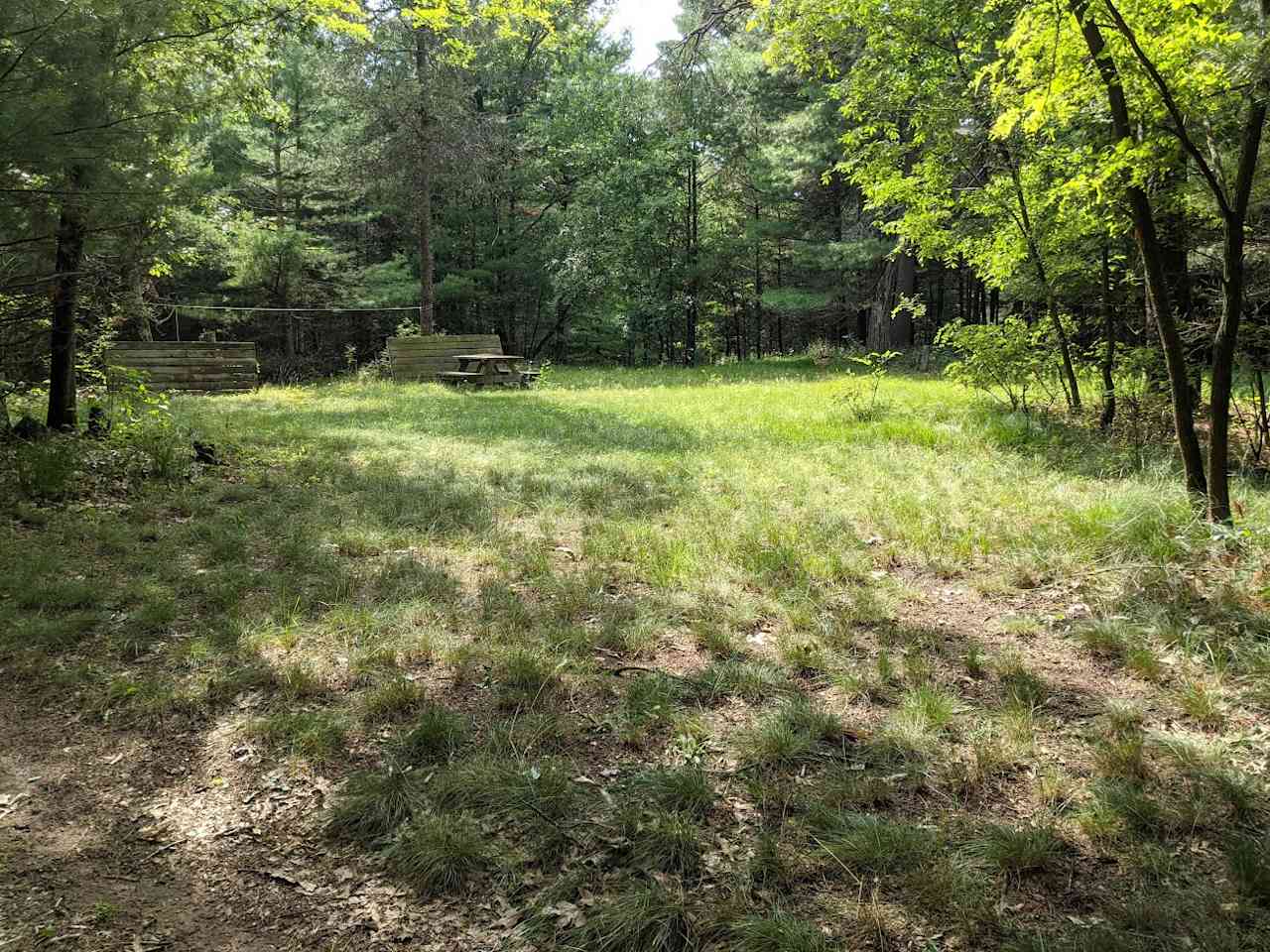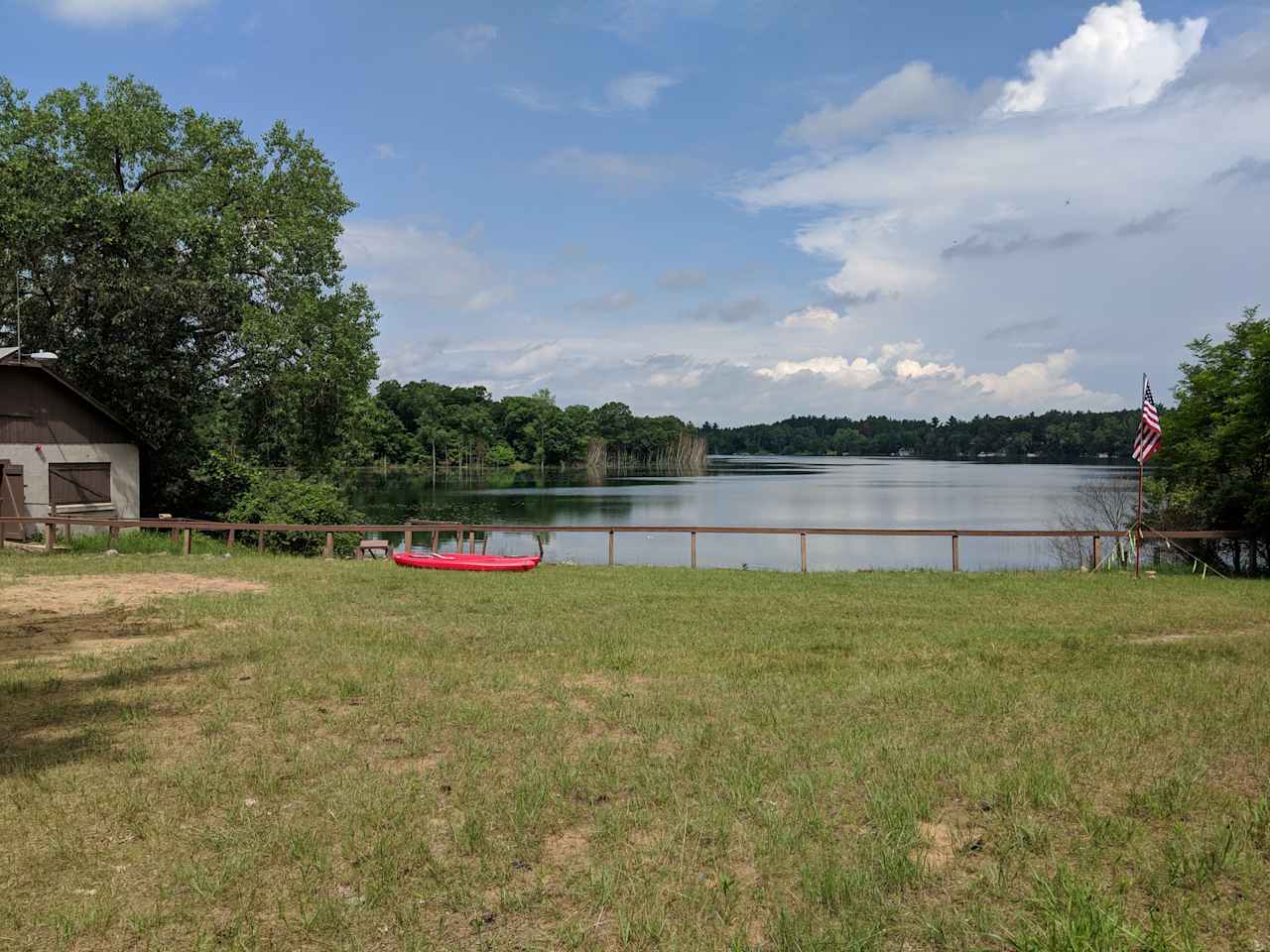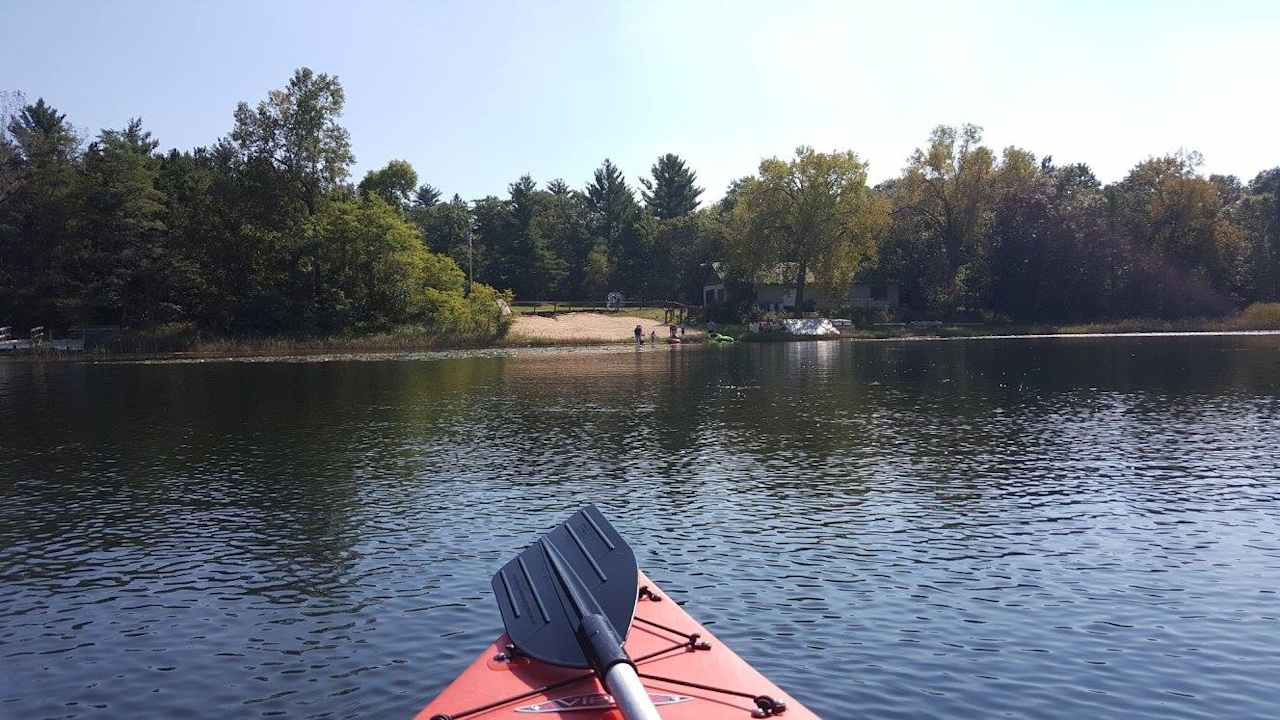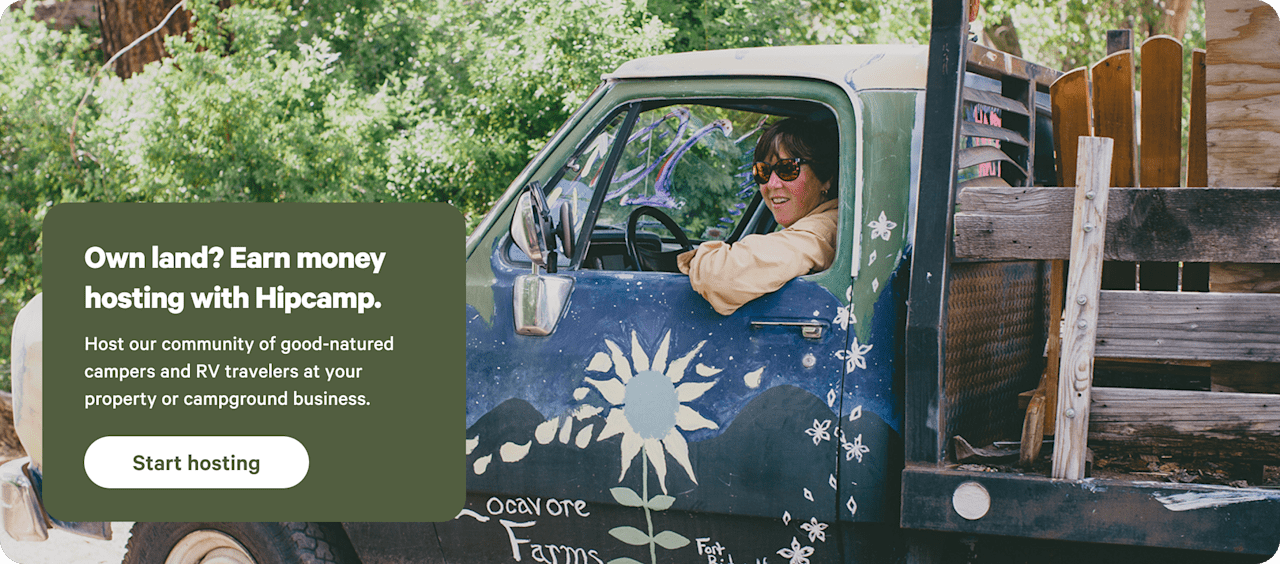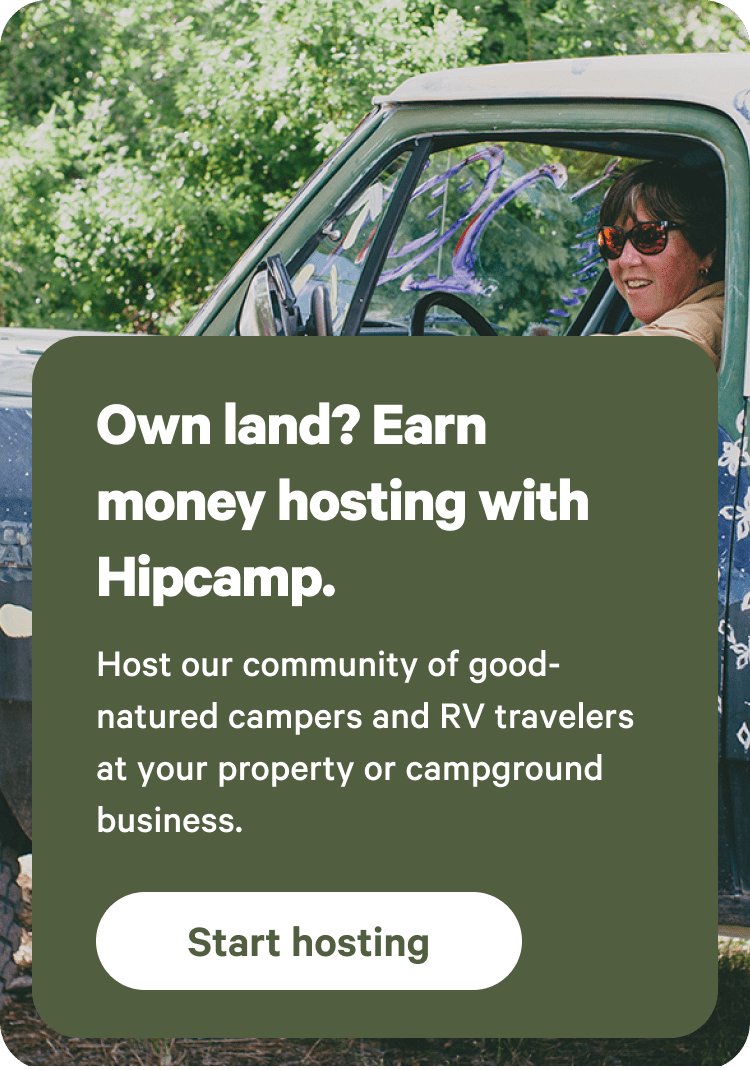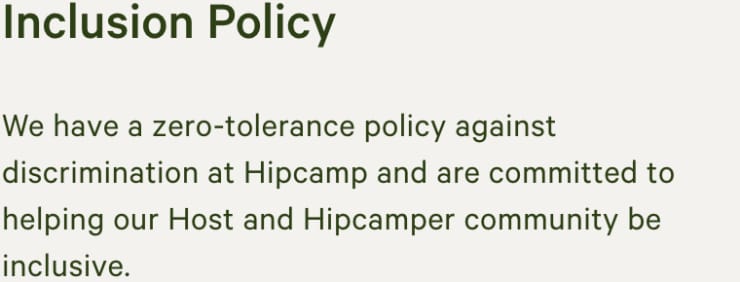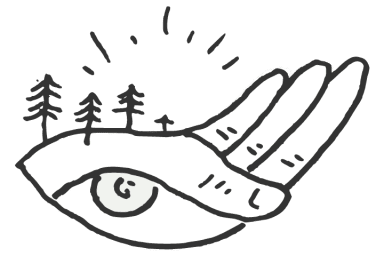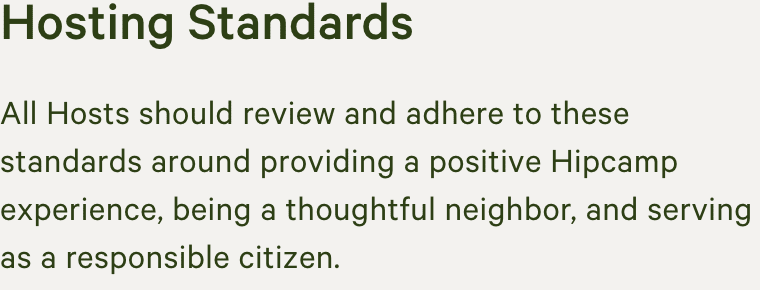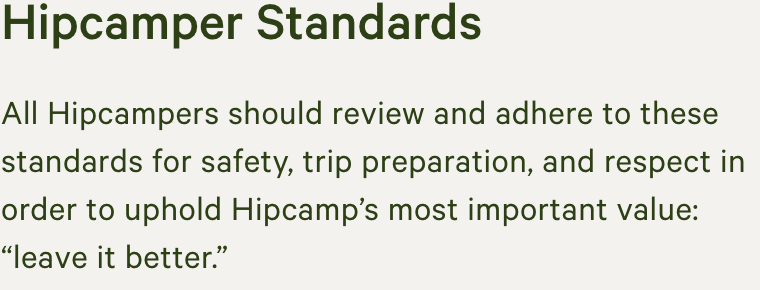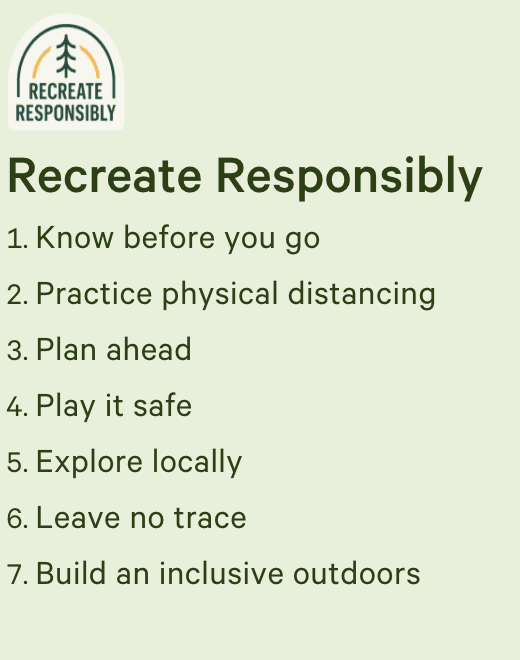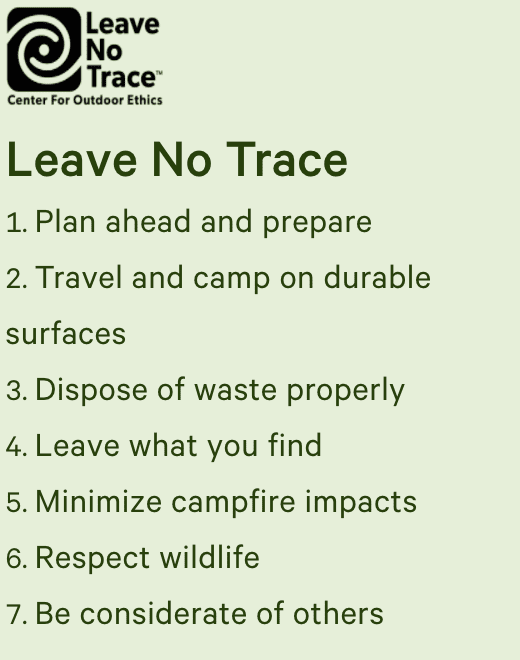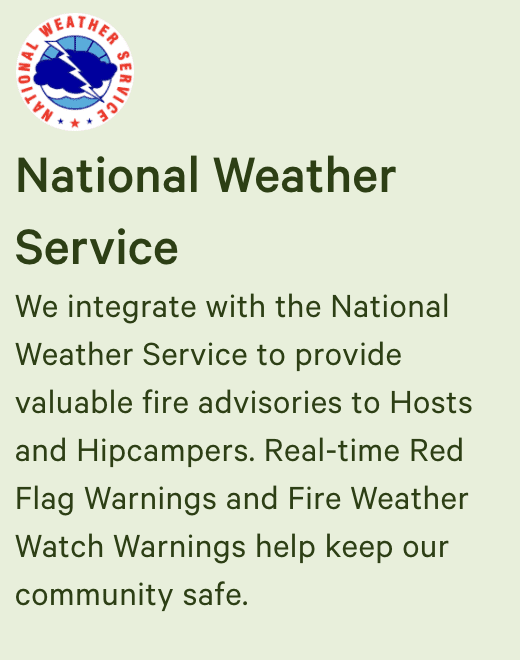Family-friendly beach camping in Wisconsin
Like the state's famous ice cream, outdoor adventures are served year-round in Wisconsin.
- Wisconsin
Popular camping styles for Wisconsin
Dog-friendly getaways
🦫 Flutterby 🦋 Farm 👩🏽🌾
Beaver Point Cabin
The summer camp experience
3 top beach campgrounds in Wisconsin
Beaver Point Cabin
🦫 Flutterby 🦋 Farm 👩🏽🌾
The summer camp experience
Star Hosts in Wisconsin
Beaver Point Cabin
The summer camp experience
🦫 Flutterby 🦋 Farm 👩🏽🌾
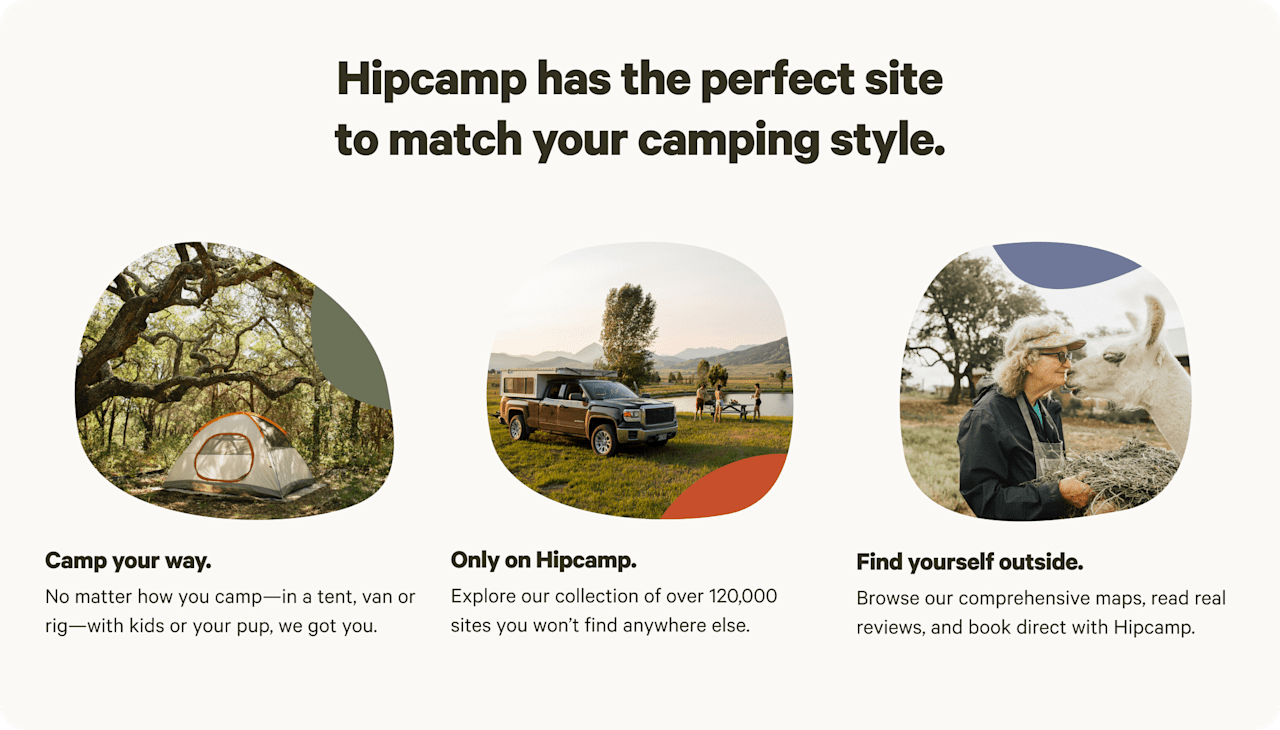

Family-friendly beach camping in Wisconsin guide
Overview
Rolling dairy farmlands are just the start of Wisconsin’s great outdoors. This midwestern state boasts two Great Lakes coastlines, some 15,000 inland lakes, and a state border with the Mississippi River. Whether kayaking around caves and islands, hiking to hidden waterfalls, camping along sandy beaches, or hopping between cheesemakers and breweries—the Dairy State is an idyllic destination for a camping trip. Wisconsin state parks provide some of the best camping and stay busy through summer and fall foliage season. Snow blankets the state from November through February, so pack your snowshoes.
Where to go
Northwest Wisconsin
If you're searching for the most remote Wisconsin campgrounds, the Northern Highlands are a good place to start with hills stretching up to the shore of Lake Superior. Paddle around the islands, sea caves, and lighthouses of the Apostle Islands National Lakeshore in a kayak, then pitch your tent at a lake campground, or seek out secluded backcountry tent sites in Chequamegon-Nicolet National Forest. To the west, the St. Croix National Scenic Riverway hugs the coast of the Mississippi River and the Minnesota border, running through Governor Knowles State Forest and Interstate State Park.
Northeast Wisconsin
The forested lakes of the Northwoods blanket northern Wisconsin, stretching down to the shores of Lake Michigan, where the Door County Peninsula curls out around Green Bay. The scenic area is dotted with freshwater beaches, cherry orchards, and hiking trails, making it the perfect spot for a camping getaway. At the northeastern tip, Rock Island State Park is a favorite among campers, with RV sites open year-round.
Southwest Wisconsin
Family campers make a beeline for Wisconsin Dells, the Waterpark Capital of the World, where plenty of full-amenity camping resorts dot the area and nearby Mirror Lake State Park. Just to the south, Baraboo is the gateway to Wisconsin’s most popular park, Devil’s Lake State Park, which boasts beaches, cliff-top walks, and three campgrounds. Further west, the rolling hills and river valleys along the Wisconsin River are ideal for fishing, paddling, and tranquil summer camping.
Southeast Wisconsin
Wisconsin's largest city, Milwaukee, stands proud on the southwestern shore of Lake Michigan, where urban campers can sample Wisconsin’s craft beer scene and visit the Harley-Davidson Museum. North of Milwaukee, Lake Winnebago is a popular choice for lakeside camping, while backpackers hiking the 1,000-mile Ice Age National Scenic Trail will find some of the best camping within Kettle Moraine State Forest.
Frequently Asked Questions About Camping in Wisconsin
Is Wisconsin good for camping?
Wisconsin is a great camping destination with dozens of state parks, national forests, and plenty of private camping options and RV parks—not to mention a ton of lake campgrounds with access to both Lake Michigan and Lake Superior, plus a border with sandy beaches on the Mississippi River. Whether heading out on hidden gem waterfall hikes, kayaking around caves, exploring the many bike trails, or hitting the top city hubs of Milwaukee, Door County’s Green Bay, and Wisconsin Dells (known for its waterparks and mini golf for family fun), a Wisconsin campground or Wisconsin state park Devil’s Lake State Park) awaits with tent camping or RV sites. Summertime is for lake visits, and late spring and early fall are still mild enough for tent camping. It's snowy from November through February, when you’ll want to opt for a rustic cabin or a vacation rental getaway.
Is camping allowed in Wisconsin state parks?
Yes, Wisconsin state parks are open for camping. Of the state’s 50+ state parks, nearly all of them allow camping of some kind, whether tent camping, RV camping, or cabin camping. Wisconsin’s most popular parks with camping include Devil’s Lake State Park south of Baraboo, Peninsula State Park (set on the shores of Lake Michigan in Door County), the year-round Rock Island State Park, Willow River State Park, and Copper Falls State Park.
Is wild camping legal in Wisconsin?
Yes, wild camping is allowed in Wisconsin in county forests, state forests, and national forests. Wild camping, typically described as primitive or dispersed camping away from designated campgrounds without facilities, is available within Nicolet National Forest and Chequamegon National Forest, including at Porcupine Lake Wilderness, Rainbow Lake Wilderness, and Blackjack Springs Wilderness. Some Wisconsin River islands are managed by the Bureau of Land Management (BLM), meaning that the ones that are public land are open to camping. Some state parks feature a small number of backpacking campsites, and you can find more private, secluded camping in Wisconsin with Hipcamp.
Is there free camping in Wisconsin?
You can find free camping in Wisconsin in its national forests: Nicolet and Chequamegon, each of which span thousands of acres and house various national wilderness areas. The free campsites in these forests are primitive and dispersed with no facilities, so you’ll need to come prepared. Most of this land is open and free of charge to use, but some beaches, boat launches, and trailheads require small day-use fees or permits.
Can you camp anywhere in a Wisconsin national forest?
No, you cannot camp anywhere in Wisconsin national forests, but they do have plenty of free areas available for dispersed camping. Wisconsin is home to two national forests: Nicolet National Forest and Chequamegon National Forest, both managed together as the 1.5-million acre Chequamegon-Nicolet National Forest. Throughout are dozens of designated campgrounds with tent sites, including at Twin Lakes Recreation Area and Bear Lake Recreation Area. In addition, the forest offers cabins at Lost Lake, some large group campsites, many RV campsites (most with hookups), and a lot of dispersed camping options. Just be sure to park up to 30 feet from the edge of any road, and pitch your tent at least 150 feet away from any trail or road (and at least 200 feet away from any water). Dispersed camping in Wisconsin national forests is limited to 21 days at the same site within a 30-day period.
